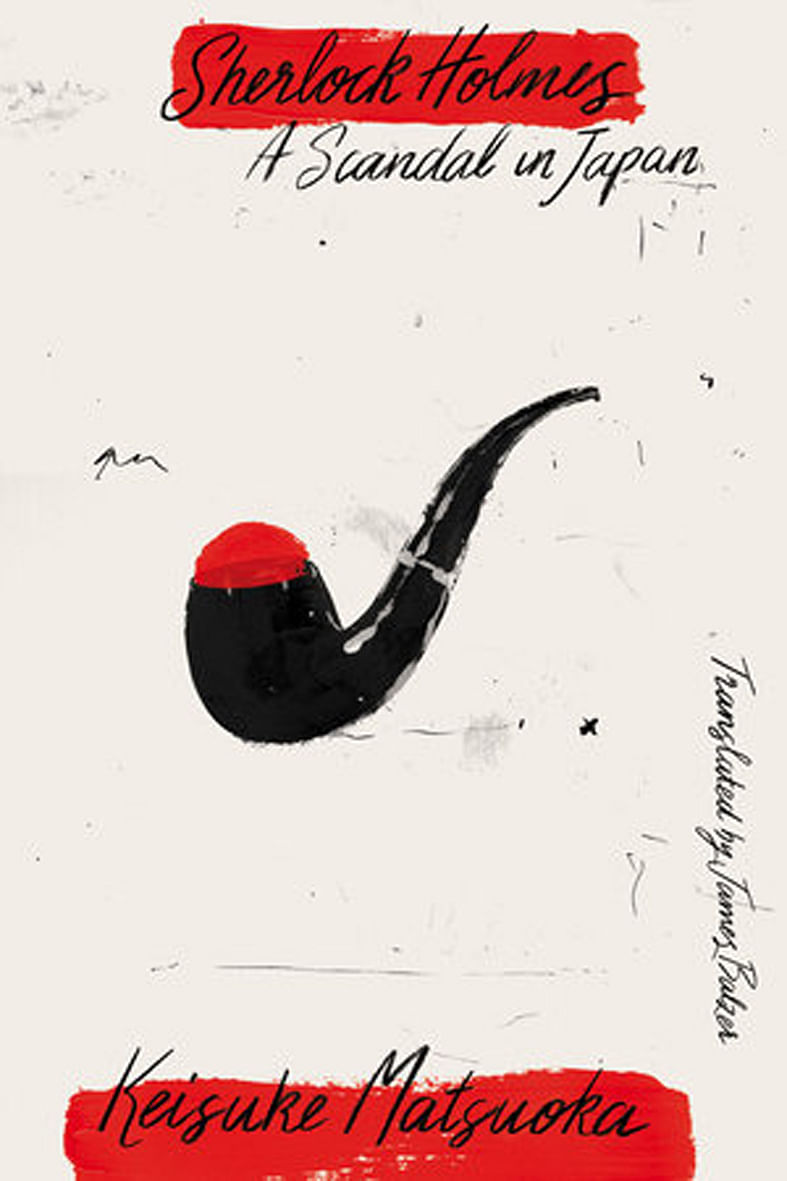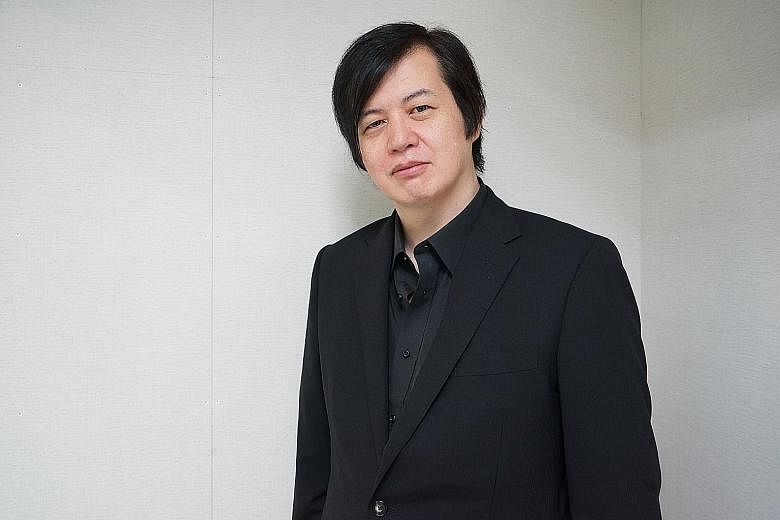REVIEW / MYSTERY
SHERLOCK HOLMES: A SCANDAL IN JAPAN
By Keisuke Matsuoka,
translated by James Balzer
Vertical/335 pages/$30.98
with GST/Major bookstores
3 stars
Sherlock Holmes is so enduring and beloved a character that even his creator failed to kill him off. So it is no surprise that there have been multiple pastiches, recasting Holmes variously as Jack the Ripper, as a woman, as a queer lesbian in a steampunk alternate history of the American Civil War (that one is no good so do not bother).
This new take zips into the narrative vacuum left post-Reichenbach Falls and posits that Holmes, in the three years he was presumed dead, travelled to Japan and got up to his usual shenanigans in the Far East.
Japanese writer Keisuke Matsuo-ka is evidently a Holmes fan, carefully seeding his story with multiple Holmesian references.

There is the recreation of the struggle at Reichenbach which opens the book - a clever twist attributes Holmes' survival to his knowledge of the Japanese martial art of jujitsu, allowing him to defeat Moriarty in mortal combat. Then there are the requisite visits to 221B Baker Street and the eventual reunion with the faithful Dr John Watson.
In between, A Scandal In Japan is a slightly patchy affair. The backdrop is an engaging period in Japan's history - the era of the Meiji restoration when the country threw itself into modernity.
The narrative is built around an actual assassination attempt on the life of Russia's Tsarevich, the crown prince Nicholas Alexandrovich, when he was on a tour of Japan in 1891. The proximity of this event to the date of Holmes' "death" (he was killed off by Arthur Conan Doyle in 1893) allows Matsuoka to fudge timelines with a clever conspiracy theory built on the assassination attempt and the role Holmes plays in resolving a mystery that threatens the security of two nations.
On the latter theme, Matsuoka is following in Doyle's footsteps in giving the consultant detective a prominent role in the shadows of international power. But his characterisations of Holmes and some of the main actors in the storyline leave something to be desired.
He engineers a chance meeting between Japan's future prime minister Hirobumi Ito and Holmes as a 10-year-old, which feels much too forced and weak to be the basis of a convincing adult relationship.
Of necessity, the point of view is Holmes', and Matsuoka's depiction of the coolly detached detective wobbles between uncharacteristically heated emotional mental monologues and the intellectually confident, low-EQ genius fans know and love.
The portrait of the Tsarevich borders on moustache-twirling villainy while the three female Japanese characters are hideously caricatured as Madame Butterfly clones, all a-flutter in the presence of Holmes.
What saves the tale in the end is the meticulous plotting which works plausible scenarios around real world historical events. Never mind that savvier readers are likely to spot the plot twists coming. The busy setting and the novelty of Holmes in an unfamiliar environment is sufficient to keep one going even as the pacing sags.
If you like this, read: Sherry Thomas' Lady Sherlock series, which begins with A Study In Scarlet Women (Berkley, 323 pages, $23.43 with GST, Books Kinokuniya). This snappily entertaining series recasts Sherlock as the public alter-ego of Charlotte Holmes, who defies her family's wishes to marry well and, instead, falls into the consultant detective business with the aid of retired actress Mrs Watson.


